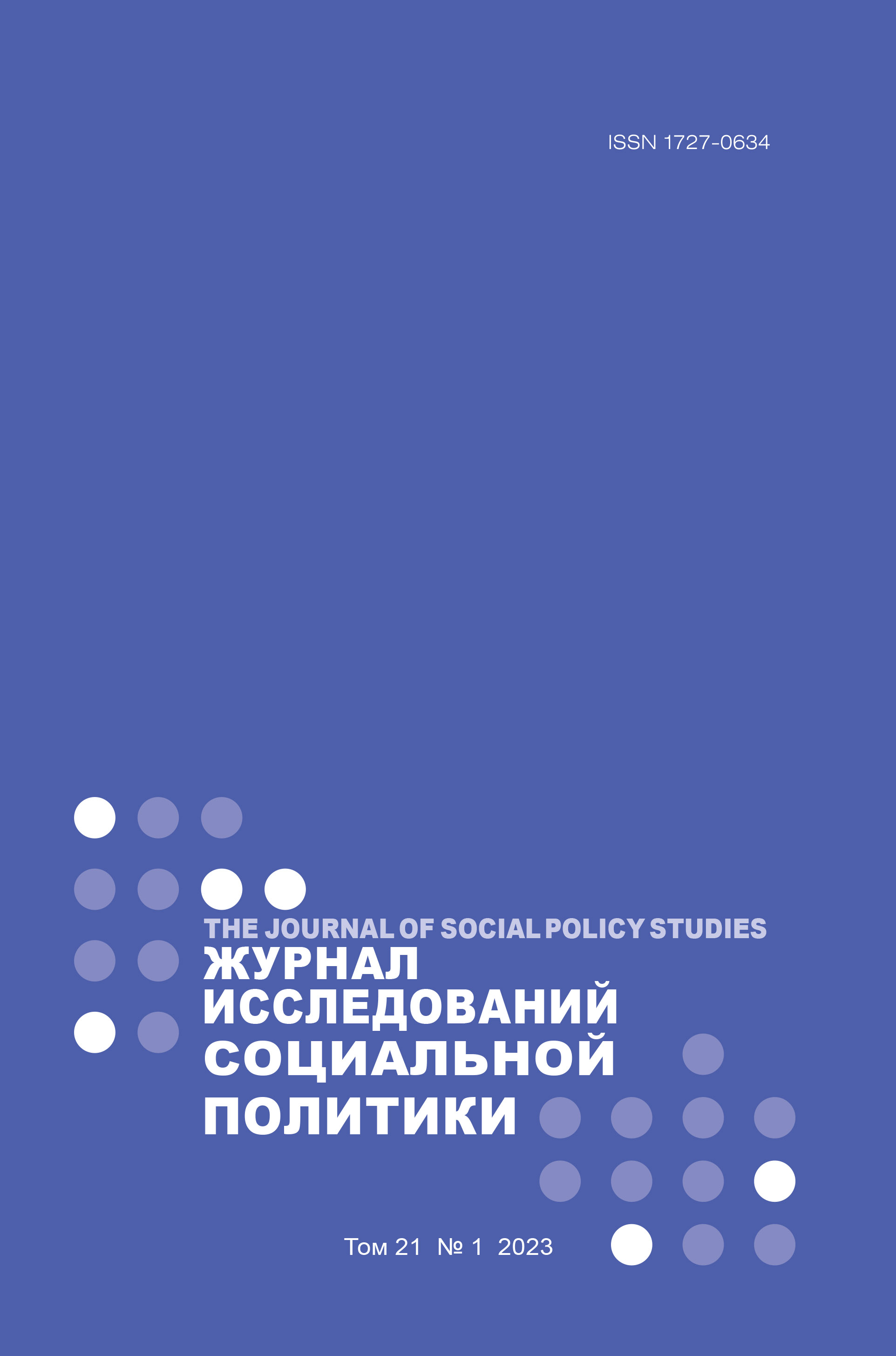‘Pushed off the Bottom and Moved On’: Strategies for Coping with the Crisis of Craft Entrepreneurs in St. Petersburg
Abstract
The сraft economy is part of the dynamically developing creative economy in megalopolises. It includes hand-crafted production and services with a high importance of cultural and value-based entrepreneurship, resisting mass production, and focusing on an authentic individual product, as well as creating a special milieu. Research shows that this field has recently become increasingly attractive to young entrepreneurs, providing opportunities for personal realization, 'passionate work,' and self-identification, while often requiring minimal capital for startup and development. Implementing a lifestyle entrepreneurship project, young craftspeople are guided not only by economic rationality, seeking not so much to achieve economic success as to build 'their' business according to a certain system of values. However, in the context of the COVID‑19 pandemic, this lack of capital has made young craft entrepreneurs particularly vulnerable in the market. The article analyzes the challenges faced by young craft entrepreneurs in St. Petersburg during the COVID‑19 pandemic, as well as the coping strategies they used. This article is based on a study conducted in 2021. The empirical data included 52 leitmotif biographical interviews. The study found that despite the retrospective rhetoric of normalization of the crisis, the informants noted that the pandemic had radically transformed the entrepreneurial infrastructure, disrupting established supply and sales patterns and limiting access to workplaces and production. Combined with the decline in demand, these changes challenged the informants to overcome the crisis and find different ways to respond to the new challenges. The analysis identifies four coping strategies, which were actualized in the COVID‑19 pandemic: 'play ahead,' 'put it on pause,' 'work for the future,' and 'manage stress.' At the same time, while the last three, despite their effectiveness with regard to business retention, can be considered rather passive, the first one is an example of redefining the 'weak' economic position by actively creating their own 'game rules.'















